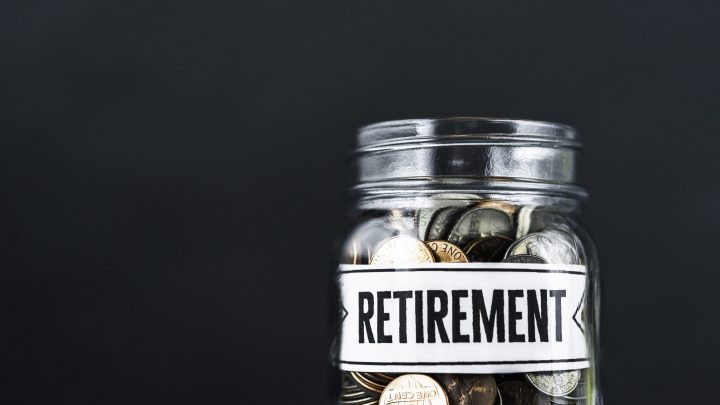
How the U.S. retirement system stacks up against the rest of the world
How the U.S. retirement system stacks up against the rest of the world

If you follow sports, you know how frustrating it can be to believe in a mediocre team. Just ask long-time Viking football fans or the followers of Manchester United’s soccer team these past two decades.
A recent global ranking of 47 retirement income systems puts the U.S. right in the mediocre middle at 22nd place.
Marketplace’s David Brancaccio spoke with our senior economics contributor, Chris Farrell, for more details this subpar score. The following is an edited transcript of their conversation.
David Brancaccio: Before we bathe in mediocrity here, tell me about the rest of the world who’s number one?
Chris Farrell: The Netherlands followed by Iceland, Denmark and Israel. No big surprise here. But David, these four countries they have first class retirement income systems that deliver good benefits to participants, are sustainable over the long haul and they enjoy a high level of regulatory integrity, and that’s according to the annual Mercer CFA Institute Global Pension Index for 2023. The U.S. is ranked 22 out of 47 countries, that’s a notch lower than last year.
Brancaccio: How are they defining this? What are the criteria for ranking?
Farrell: So the author used 50 different indicators and they’re grouped into three main categories: adequacy, sustainability and integrity. Adequacy reflects how much work income is replaced in retirement. Sustainability, can the country continue to service benefits with an aging population? Integrity, that’s the soundness of the regulatory regime concerning retirement.
Brancaccio: All right, what were the main factors behind that not-so-great, I would say lackluster U.S. rating?
Farrell: The U.S. retirement income system just leaves too many people financially vulnerable. For example, more than half of Black and Latino households have no retirement savings. Nearly half the private sector workforce doesn’t have access to an employer sponsored retirement plan. There are worries about the sustainability of current Social Security benefits with an impending funding shortfall in what, about a decade.
Brancaccio: All right, so one more data set that underlines how many Americans are in a financially precarious position, especially when they’re older.
Farrell: You know, that’s the real takeaway from this report. And to give you some other examples, let’s take the market for housing and care for older people. This is including things like assisted living and independent living communities. These options are simply too expensive for the country’s 8 million middle income older people, health disparities between better off older people and everyone else is striking. There was a recent report came out of the USC Schaeffer Center for Health Policy & Economics and Columbia University’s Mailman School of Public Health, and what they found is that lower middle class people will spend a larger portion of their elder years in ill health compared to their peers only two decades ago. You have these older people, they don’t have the financial resources to cope well with their situation.
There’s a lot happening in the world. Through it all, Marketplace is here for you.
You rely on Marketplace to break down the world’s events and tell you how it affects you in a fact-based, approachable way. We rely on your financial support to keep making that possible.
Your donation today powers the independent journalism that you rely on. For just $5/month, you can help sustain Marketplace so we can keep reporting on the things that matter to you.

















